-

Until recently, police in Columbus, Ohio couldn’t differentiate between rape kits and shopping carts
A public records request with the Columbus Police Department revealed that until a year ago, the department tagged rape kits in evidence as “other,” a designation also used for shopping carts and cell phones.
-

Trump signs the SAFER Act of 2017, strengthening efforts to eliminate the nationwide rape kit backlog
Amid #metoo stories and Hollywood’s women coalescing around a fight against sexual assault and harassment in the workplace, there’s finally some good news: President Donald Trump has signed the SAFER (Sexual Assault Forensic Evidence Reporting) Act of 2017. In doing so, Trump reauthorized the original SAFER Act of 2013, extending and strengthening efforts to eliminate the nationwide rape kit backlog.
-
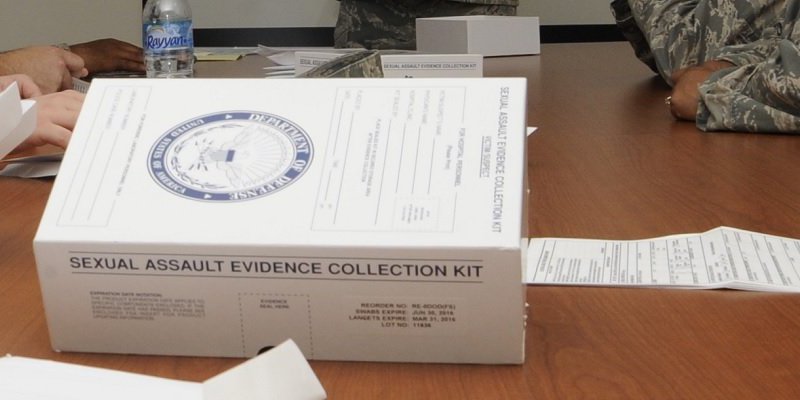
Five of the best - and five of the worst - sexual assault response policies across the country
The care rape victims receive is entirely dependent on where the crime occurred. Good sexual assault response policies are comprised of a number of initiatives, including (but not limited to) specific officer training, a victim-centered approach, access to victim advocates, guidelines for submitting kits to labs, and victim notification. Based on what we’ve seen in our reporting so far, we’ve rounded up a list of the five best - and the five worst - sexual assault response policies across the country.
-
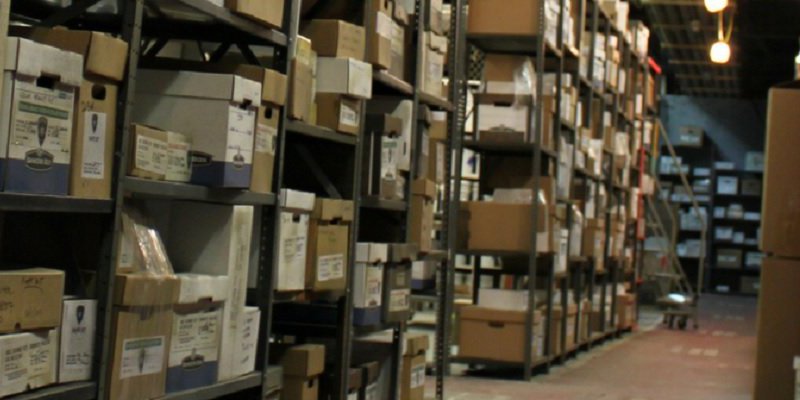
Six years after earmarking funds, Dallas has only tested half of its rape kit backlog
Our request for data and policies regarding the collection, maintenance, and testing of backlogged rape kits in Dallas shows that, as of May 2017, more than 1,000 kits still have not been submitted to crime labs. Of those submitted, only 50% have been tested, and just 35% of those tested have been uploaded into CODIS.
-
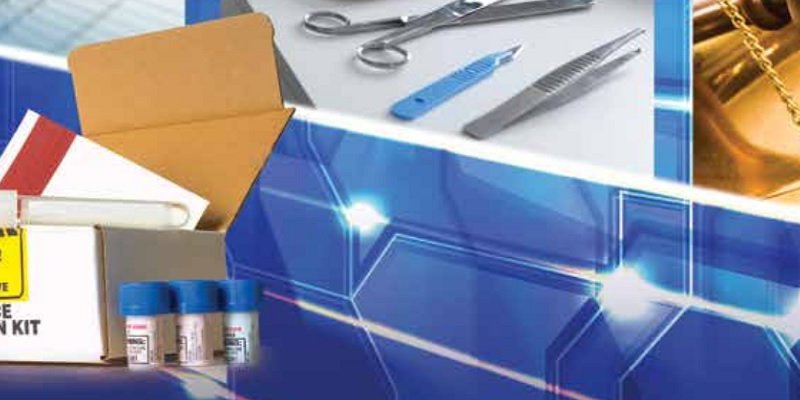
There are finally federal guidelines for testing rape kits
The SAFER Working Group combined authorities from local police departments, the FBI, state crime laboratories, government institutions, colleges, medical examiners, and nurses, which met for more than two years before penning the first federal guidelines for sexual assault evidence collection. This document is undeniably a step in the right direction, but will local law enforcement agencies and state and private laboratories implement these recommendations?
-

Lowell, Massachusetts has no data and no clear policies on sexual assault
In some cities, law enforcement officers follow clear guidelines on how to conduct victim interviews and handle evidence. But in Lowell, Massachusetts, the police department maintains no specific procedures regarding sexual assault response and no data on how many rape kits and haven’t been tested.
-
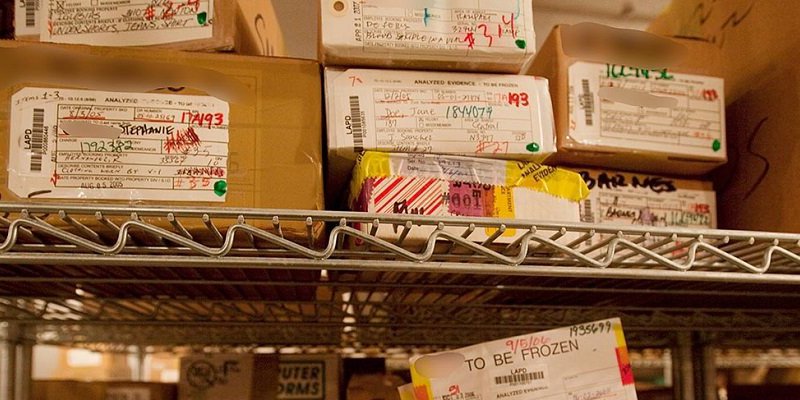
Great sexual assault evidence collection policies exist, but continue to be the exception to the rule
The best sexual assault policies adopted by this country’s law enforcement agencies illustrate a careful balancing act - Gardner, Massachusetts, with its victim-focused approach, a team of officers trained in handling sexual assault, and clear evidence collection policies, stands out. But until every police department in the country has these, the national backlog will continue to exist.
-

“Jane/John Doe” rape kits provide important medical care, but they sit untested in the backlog
Anonymous rape kits allow victims who choose to not press charges to receive critical medical care. But opting out of pressing charges shouldn’t preclude testing, and shouldn’t relegate the kit to sit forgotten on an evidence room shelf.
-
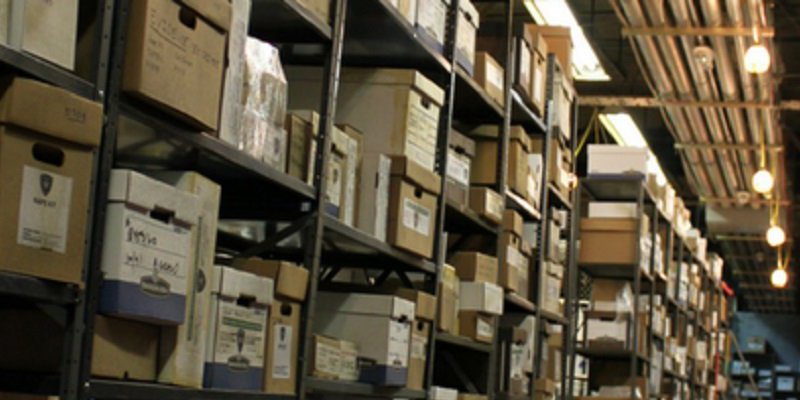
Fairbanks, the third “Most Dangerous U.S. City for Women,” wants to charge $15,000 for rape kit data
When we were hit with an estimated $5,000 fee for rape kit data and collection policies from Biloxi, Mississippi, we were stunned. Fees this large carry a sense of deterrence, and, with Biloxi’s rate of sexual assault being significantly above the national average, we couldn’t help but wonder if they were trying to hide something. As it turns out, Biloxi’s fee was neither an outlier nor the most expensive we’d see - Fairbanks, Alaska, which sits at number three on Forbes Magazine’s list of “Most Dangerous U.S. Cities for Women,” said their data and policies will cost us $15,000.
-

Biloxi wants to charge $5,000 for records on their rape kit backlog
In our efforts to uncover the rape kit backlog and report on the extent of untested sexual assault evidence, we often face the hurdle of public records fees. However, the Biloxi, Mississippi police department far surpassed any amount we’ve previously seen, asking for so much money as to render these documents essentially impossible to obtain.